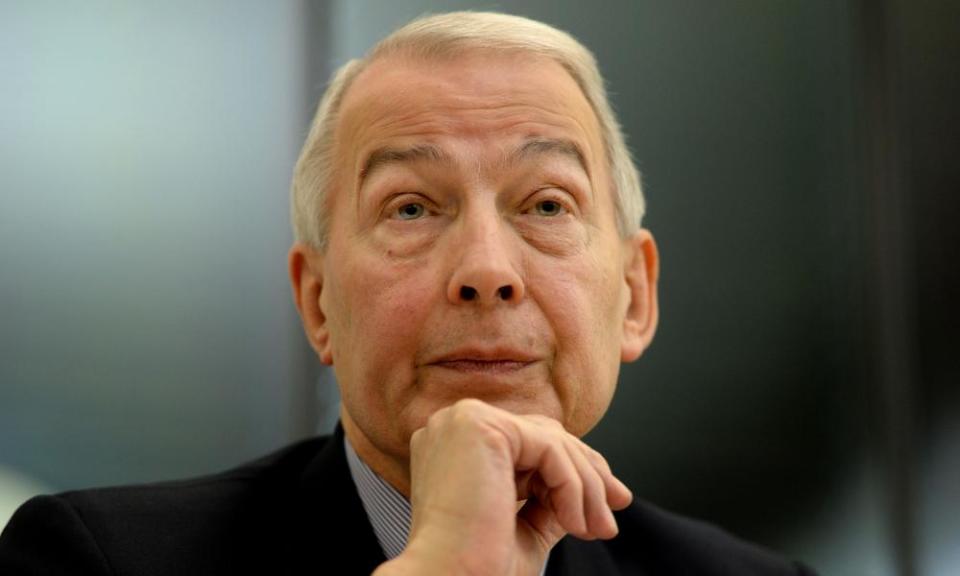Split universal credit payments between partners to curb abuse, ministers urged

Universal credit payments should be split between the male and female partner in claimant households to minimise the risk of domestic abusers exerting financial control over their victim, MPs have been told.
Experts told the work and pensions select committee that universal credit’s single monthly household payment made it easier for domestic abusers to seize and regulate family income and prevent partners from leaving the home.
Marilyn Howard, a financial abuse expert at the University of Bristol, told MPs: “Our concern is the one payment of universal credit can concentrate power and resources in the hands of one partner, and that carries the risk that abusers can take advantage.”
Asked by the committee chair, Frank Field, whether the switch to universal credit increased the risk of women being bullied by their partners, Howard replied: “Yes, I believe it would do.”
Witnesses from grassroots domestic violence refuges and charities giving evidence to the committee said the single universal credit payment allowed abuse perpetrators to “distribute family income in the way they see fit”.
Universal credit rolls six working-age benefits into a single monthly payment with the aim of simplifying the social security system. However, MPs heard this in effect “de-labelled” constituent payments, such as child tax credits, that were previously earmarked for children, and paid to the main carer, normally the mother.
Howard said: “With the [universal credit] online system abusers may be a click away, where under previous systems it may have taken more a bit more time and effort to obtain someone’s benefit entitlement.”
Concerns over domestic abuse and universal credit were raised at prime minister’s questions on Wednesday, where the the Scottish National party MP Philippa Whitford appealed to the prime minister, Theresa May, to end the practice of single universal credit payments.
May replied that single payments were available on request, but Whitford said changing the claim in this way made women more financially vulnerable. “Eighty-five percent of abuse survivors say they wouldn’t have dared to request single payments as a special measure as it would have worsened abuse.”
This month the family support minister, Kit Malthouse, told the work and pensions committee that it was “completely without foundation” that universal credit would exacerbate domestic violence and insisted that single payments could be made on request.
The committee heard that frontline domestic abuse workers were spending increasing amounts of time trying to sort out universal credit problems for victims of domestic violence, at the expense of the wider direct support they could offer.
Delays and bureaucracy experienced by universal credit claimants had driven some domestic abuse victims back to their abuser, Nicola Kyser-Forrest, the homelessness service manager at Calderdale council, told MPs.
In one case an abuse victim had lost a place in a refuge because it was impossible to get officials to rule whether the woman, an European Economic Area national, qualified for universal credit housing costs.
“We couldn’t speak to anybody to get that confirmation, and so the refuge were unable to offer her a place, knowing that she may not be eligible for assistance. That led to the lady returning to her partner,” she said.
Demelza Lobb, the technology abuse lead at the Refuge charity, said the uncertainty and stress caused by universal credit delays had led to several women going back to their abusive partners. “They say: ‘It might be easier, at least I’ll have an income, I’ll be able to get food,’” she said.

 Yahoo News
Yahoo News 